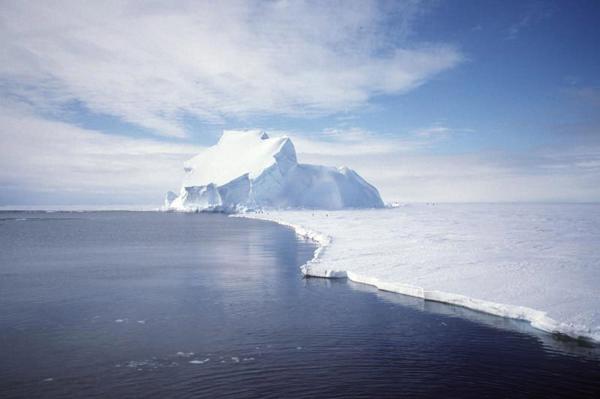North Atlantic Ocean absorbed 50pc more carbon diaoxide over last 10 years
Wed 03 Feb 2016, 13:56:04

The North Atlantic Ocean absorbed 50 per cent more human-made carbon dioxide (CO2) over the last 10 years, compared to the previous decade, according to a new study.
The findings by researchers from University of Miami (UM) in US show the impact that the burning of fossil fuels have had on the world's oceans in just 10 years.
To determine the total uptake and storage of carbon dioxide in the North Atlantic over the last several decades, researchers analysed data collected from the same locations, but 10 years apart, to identify changes caused by human-made CO2.
The oceans help to slow the growth of human produced CO2 in the atmosphere by absorbing and storing about a quarter of the total carbon dioxide emissions.
The North Atlantic is an area of
high uptake and storage due to large-scale ocean circulations.
high uptake and storage due to large-scale ocean circulations.
The uptake of CO2 has many impacts on ocean-dwelling organisms by decreasing the pH - a numeric scale used to specify the acidity or basicity (alkalinity) of an aqueous solution.
The findings have important implications for marine organisms, such as corals and mollusks, which require a certain pH level in the surrounding water to build their calcium carbonate-based shells and exoskeletons.
"This study shows the large impact all of us are having on the environment and that our use of fossil fuels is not only causing the climate to change, but also affects the oceans by decreasing the pH," said Ryan Woosley from UM.
The findings were published in the journal Global Biogeochemical Cycles.
No Comments For This Post, Be first to write a Comment.
Most viewed from Specials
Most viewed from World
AIMIM News
Latest Urdu News
Most Viewed
May 26, 2020
Where should be the burial of the pilgrims martyred in the Saudi Arabia bus accident?
Latest Videos View All
Like Us
Home
About Us
Advertise With Us
All Polls
Epaper Archives
Privacy Policy
Contact Us
Download Etemaad App
© 2025 Etemaad Daily News, All Rights Reserved.





































.jpg)
.jpg)
.jpg)


